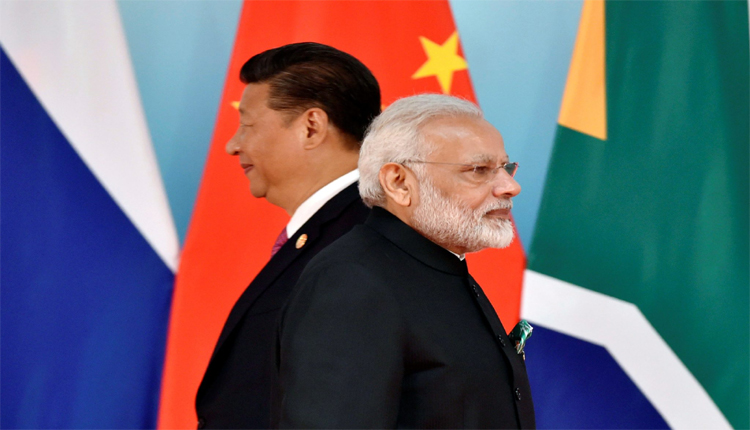New Delhi: During their initial trilateral gathering in Kunming, China, on June 19, 2025, the leaders of China, Pakistan, and Bangladesh agreed to strengthen commerce, agriculture, and the online economy, posing a challenge to India’s influence in the region.
The meeting, which was on the Yunnan province, had in attendance the Chinese Vice Foreign Minister, Sun Weidong; the Acting Foreign Secretary in Bangladesh, Ruhul Alam Siddique; and Imran Ahmed Siddiqui, the Additional Foreign Secretary in Pakistan, with the Foreign Secretary in Pakistan, Amna Baloch, attending virtually. The three leaders pledged to develop the relationship founded on mutual trust, equality, and good neighbourliness, a statement by the China Foreign Ministry read.
Sun, the former Chinese envoy to India and Pakistan, highlighted the win-win relationship. This collaboration will be in the interest of our peoples and will enhance regional stability and prosperity, he said. The nations intend to cooperate in the spheres of industry, maritime industry, health, and education, developing the working group to implement agreements.
Amna Baloch praised the Chinese leadership, explaining that the platform builds on their mutual vision for development. The gathering after the recent trilateral involving China, Pakistan, and Afghanistan indicates Beijing’s hopes for the Belt and Road Initiative (BRI) to contain Indian influence in the region.
The joint declaration stated that the partnership is founded on the principle of open regionalism, without any consideration for a third party. However, it is concerning that India has not been included in these discussions. Bangladesh has drifted closer to China and Pakistan since the takeover of the powerful post of Chief Adviser by Dr Muhammad Yunus in 2024 after the ouster of Sheikh Hasina, observers observe.
Sun also had a bilateral meeting with Siddique and Siddiqui, the acting Deputy Prime Minister, Haji Mawlawi Abdul Salam Hanafi, and strengthened the country’s engagement in the region. There were trepidations about an anti-India axis that were pointed out by social media on X, but there were also certain posts that drew some hope in economic stability.
The new working group will complicate India’s diplomatic landscape; the group is just set to implement projects that will change the face of geopolitics in southern Asia.



Comments are closed.